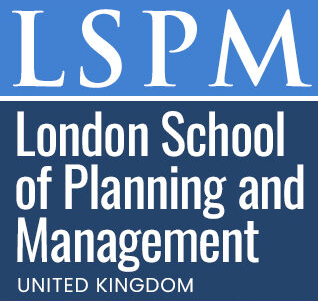Course details
Loading...
Generating course details...
## Essential Units for Certified Professional in Family Emergency Preparedness for Foster Families
**1. Family Communication Plan**
* Promotes open and effective communication among family members, including children, parents, and caregivers.
* Provides a framework for discussing and documenting emergency plans, roles, and responsibilities.
* **Keywords:** Family communication, communication plan, emergency preparedness, communication tools
**2. Disaster Preparedness Kit**
* A comprehensive collection of essential supplies and resources to ensure safety and comfort during an emergency.
* Includes food, water, first aid supplies, communication devices, and other necessities.
* **Keywords:** Disaster preparedness kit, emergency supplies, first aid, communication, disaster preparedness
**3. Family Reunification Plan**
* Outlines a structured approach to locating and reuniting separated family members.
* Provides guidance on reunification procedures, communication strategies, and support networks.
* **Keywords:** Family reunification, separation, reunification plan, emergency procedures
**4. Child Protection and Safety**
* Emphasizes the importance of protecting children and preventing abuse during an emergency.
* Covers topics such as child safety, child abuse reporting, and emergency procedures in childcare settings.
* **Keywords:** Child protection, child abuse, safety, emergency procedures, child development
**5. Mental Health and Trauma**
* Recognizes the unique challenges faced by families during emergencies and provides resources for supporting mental health.
* Includes topics such as trauma-informed practices, grief and loss management, and accessing mental health resources.
* **Keywords:** Mental health, trauma, grief, loss, mental health resources, emergency preparedness
**6. Community and Resource Network**
* Outlines the importance of building strong relationships within the community and accessing support networks.
* Provides guidance on identifying local resources, shelters, and community centers that can provide assistance during an emergency.
* **Keywords:** Community network, support networks, resources, shelters, emergency preparedness
**7. Legal and Ethical Considerations**
* Covers legal and ethical responsibilities of family members and caregivers during an emergency.
* Discusses legal requirements for sheltering children and protecting their rights.
* **Keywords:** Legal and ethical considerations, child welfare, sheltering, emergency preparedness
**8. Self-Care and Stress Management**
* Emphasizes the importance of self-care and stress management for families to maintain their physical and emotional well-being.
* Provides resources and strategies for coping with stress, anxiety, and trauma.
* **Keywords:** Self-care, stress management, mental health, trauma, emergency preparedness
**9. Emergency Preparedness Training**
* Emphasizes the importance of ongoing training and drills to ensure families are prepared for emergencies.
* Provides information on various emergency scenarios, drills, and exercises.
* **Keywords:** Emergency preparedness training, drills, exercises, disaster preparedness, family readiness
**10. Emergency Communication Plan**
* Outlines clear and concise communication procedures for families to stay informed and connected during an emergency.
* Provides guidance on using communication devices, social media, and other channels.
* **Keywords:** Emergency communication plan, communication devices, social media, emergency preparedness

